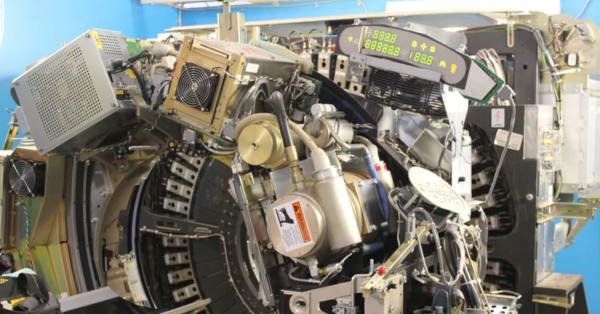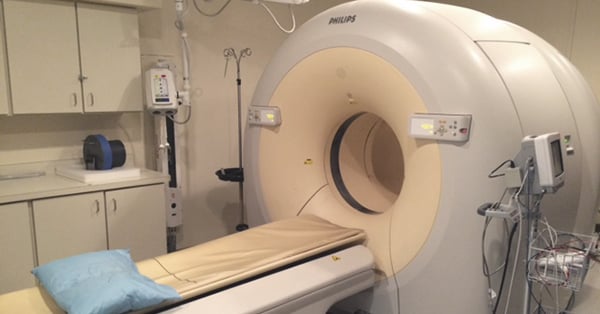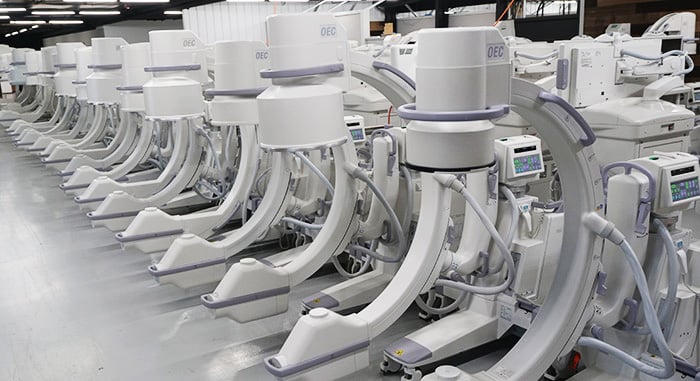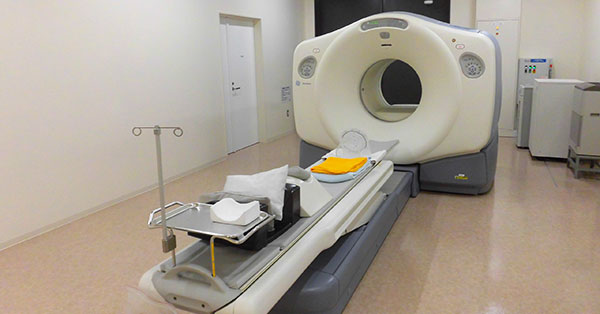
If you’ve ever had a parts suppliers offer you a refurbished X-Ray tube for your CT, rad room, or any other X-Ray modality, we hope they misspoke. Because the idea of a refurbished X-Ray tube does not make any sense.
There are three categories an X-Ray tube will fall under, and their price, warranty, and projected lifespan will vary.
Below, we'll break down three categories of X-Ray tubes from their processes and tube longevity, and provide three important questions to ask before you make your next X-Ray tube purchase.
What is a refurbished tube?
A CT tube (or X-ray tube) that is not brand new can only fall into one of three categories: used, reprocessed, or reloaded. Depending on the work done, each category has its own trade-off of cost for its projected lifespan.
The takeaway: Be aware of anyone trying to sell you a refurbished X-Ray or CT tube.
Three Types of X-Ray Tubes
Used Tube
Used tubes are exactly what the name says – tubes that have been in use on a system scanning patients and have been removed to be resold.
Used tubes will be the least expensive option and may come with a warranty for future performance. The coverage period is likely to be shorter than warranties on the other two categories of tubes we'll discuss next.
Reprocessed Tube
Reprocessed tubes have been taken out of use, drained of their oil, and refilled with fresh oil. After refilling a vacuum device is used to remove air bubbles that might cause electrical arcing in the tube.
The tube insert is left alone during this process. This process, if done correctly, could add 20-50% more life to the tube than it would otherwise have. This extra longevity commands a higher price and puts reprocessed tubes in the middle of the used tube range. Some sellers will offer limited warranties on reprocessed tubes.
Reloaded Tube
A reloaded tube has its entire insert replaced with a new one and is processed with new oil. For all intents and purposes, you can consider this to be a new tube and expect it to offer the most longevity of any tube that is not brand-new. A reloaded tube will cost more than a used or reprocessed tube but it will last the longest and is generally sold with a warranty similar to one that comes with a new tube.
Three Questions to Ask Before You Purchase
If you feel the seller of an X-ray tube is withholding information on what condition the tube is in or what process(es) the tube has undergone, be careful!
Ask these questions to help clarify the condition and age of the tube:
- Has the oil been replaced recently?
- Is the insert new or original?
- When was the tube last in use on a system?
The answers could give you much more clarity on exactly what you're considering purchasing. If these questions can't be answered, you might want to consider taking a pass on the offer and looking elsewhere for your next tube.
The Takeaway
When making your next X-Ray tube purchase, remember it will fall under the following three categories: used, reprocessed, and reloaded. Remember to ask questions to clarify the tube's condition, and that refurbished X-Ray tubes do not make any sense.
Block Imaging is here to help you with your next tube purchase. With over 35,000 parts in stock, tested, validated, and ready to ship. If we don't have your specific part in stock, we'll help you source from a vendor or competitor to get your system back in working condition.

Chad Seelye
Chad Seelye is Vice President of Part Sales for Block Imaging. He loves to offer parts solutions that get customers excited about doing more with their equipment for less. Outside of work, he loves to explore new areas with his wife. It doesn't matter where they are, as long as they've never been there before. Chad also loves all things MSU basketball and football.





